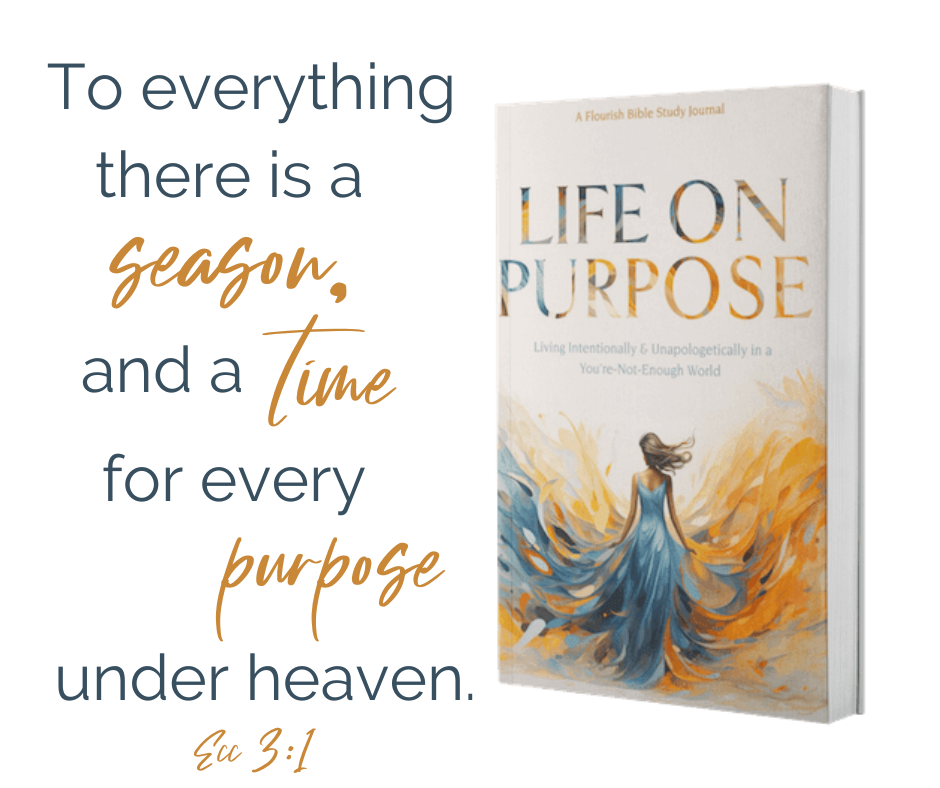“Are you saying I should give up hope?”
I was glad nobody expected me to answer that. Certainly the mother of the small larva—or “baby” as humans say—didn’t seem to be looking for an answer.
Palmetto bugs learn early that humans don’t appreciate the sight of us. No, that’s understating it. They detest the sight of our kind. They shriek and try to smash us. We usually run too fast for that. Also, we can fly, which puts us literally above ordinary northern cockroaches.
Our flight capabilities got us unofficially named “the real state bird of South Carolina.” Carolina wrens, move over. We know our place in the created order is a high one.
One advantage of being underappreciated by humans is I don’t have to answer tough questions on morning rounds. That’s fine with me. I see how that routine tends to go for the humans since I grew up in this teaching hospital. I’ve spent pretty much my whole life right here in the neonatal intensive care unit.
Once in a while, I visit insect friends and relations in ICUs for later-stage humans, so I can tell you the neonatal unit uses just as much technology and medicine for tiny, immature forms. Clearly, humans consider their babies highly valuable, even when they’re too early, too sick, or malformed to survive with basic infant care.
Along with an abundance of technology, I’ve noticed these ICUs all incite dread in humans. Kind of similar to the way they react to my species, but this neonatal unit provokes the strongest reaction. Since humans seem to find infant stages more appealing than later ones, they hate seeing a baby struggle.
And this wee one was struggling. All the technology, medications, and care team members were crowded in the baby’s room. A cluster of machines surrounded the babe barely visible inside a transparent case. The doctor in charge opened the case and bent close to examine it.
The infant’s mother stood nearby. “Are you saying I should give up hope?” she asked.
The doctor carefully closed the incubator and turned toward her.
“Well,” she began gently, “we don’t want you to give up hope, but we do need to talk about goals of care for Rhett. What we’re hoping for. What you’re hoping for. Because I’m worried he’s not responding. We’ve tried all the treatments we can offer.”
The baby’s mother suddenly erupted, “I won’t stop hoping! He’s a fighter! Y’all can’t give up on him! Just get out of this room!”
The room was quiet, except for the beeping machines.
Finally, the nurse practitioner said, “I’ll come back after rounds and we can talk some more, OK?”
As the team walked out, I heard the senior doctor say, “We need to give her time. Let’s see if the chaplain can meet with her.”
I stayed where I was, up in the welcoming dark cracks between the perforated ceiling tiles. The baby’s mother lowered herself into the reclining chair in the corner and stared at the incubator. The machines around it flashed and beeped and clattered and sighed. The infant didn’t move. Its mother didn’t either. She sighed like the breathing machine, but slower.
The bedside nurse came in to check on the baby. She pressed buttons on machines to silence the beeping. As she took the soft quilted cover off the case, I saw again how unprotected humans are, especially these too-early forms.
The human cuticular covering is substandard if you ask me. In this larva’s case, it wasn’t ready for exposure to the world outside its mother, so it was scattered with clear protective dressings in several places where the covering had broken down.
Inside the thorax and abdomen, its immature internal organs had broken down too, allowing air to come in where it didn’t belong. So the doctors put in tubes to get that air back outside, making yet more wounds in the fragile outer layer. Because the baby was too underdeveloped to breathe on its own, they put another tube through one of its cranial orifices to connect its deeper airways to a ventilator.
Tubes attached to the baby’s few inadequate limbs trickled drops of medicines into tiny blood vessels to support blood pressure, heart rate, nutrition, immune defenses, and comfort.
Yes, they said “medicine for comfort.”
I rested motionless like the mother and her baby, waiting with them in the quiet dark. The baby’s nurse rearranged some tubes and returned the cover to the incubator.
“Please let me know if you need anything at all,” she offered.
The mother stayed silent, hunched in the chair. After a few moments, the nurse quietly left the room.
“I’m here for you, baby,” the mother murmured to the case next to her. “Mama’s here. I’m not giving up. You’re a fighter. I won’t let them pull the plug. It’s not fair.”
I saw eye moisture overflowing and running down her face.
I briefly wondered whether to speak, knowing that humans respond negatively to my species. I know my place in the created order, so if I can offer encouragement to a fellow creature, why shouldn’t I try?
My position gives me the privilege of bearing witness, even if I can’t fix or even fully understand human problems.
Perhaps I could stay hidden and still speak. She didn’t need to see me. She’d never see me if I could help it. True boldness comes when you speak from a place of safety.
So I scooted further back into my crevice and did my best to project my voice larger than my bitty palmetto bug self.
“Ma’am? Might I have a word?”
She lifted her head and slowly looked around.
“I know you can’t see me. Don’t worry. I just want to let you know—I see you.”
The mother’s eye moisture kept dripping. So did the associated nose moisture. I noticed a small cardboard box of the thin flat papers humans use for absorbing secretions on the table beside her. Fortunately, she noticed too. She picked up the box, pulled out a paper, and swiped at her facial orifices.
“Y’all are in a rough place. You’re right, it’s not fair. I know you feel alone. It probably feels like nobody else truly cares about Rhett, and you feel so responsible, but it’s not your fault that you’re in this situation.”
She made a gasping sound and swiped a few more times.
“One thing about being a fighter—the strength comes from somewhere. Rhett’s hanging on because you love him. You’re hanging on because you love him. Everyone can see that. We all know you love him.
“But another thing—yielding takes more strength than fighting.
“You may not feel strong enough to . . . let go of Rhett. You haven’t even held him since he’s so unstable.”
No more gasping noises, just more dripping secretions and more swiping.
“I wonder . . . if you could hold him, might you feel strong enough to let him go? There’s Someone big enough to hold both of you—to hold everything you’re going through. Someone who loves both of you.”
I wanted to jump down onto the Bible she’d been keeping on the side table, just to make sure she got my reference, but then I thought better of it.
She covered her face with her hands and I saw her thorax shaking. Her silence was large and deep, but now it was somehow open. I let my words scuttle out of my smallness into the enlarging open space.
“You know He’s big. You’ve heard that a lot. But remember: He’s also been small. He’s also been low. He’s sad with you. He’s hurting with Rhett. He’s not leaving you two alone. He’s even promised to wipe away all your . . . ” (I finally remembered their word) “. . . tears.”
She lifted her head again. Her eyes were wide open and dry now, and she whispered to her baby, “Rhett, I think there’s an angel here! An angel!”
I stayed hidden in the warm crevice between the wall and the ceiling. Good thing I hadn’t jumped down onto the Bible. No way she’d have said that if she saw me. No way she’d have listened to me, period.
“Don’t ever stop hoping. Just—please be careful where you’re putting your hope.”
She reached for the Bible as the chaplain walked into the room.

Dr Lee is a clinical professor of pediatrics and attending neonatologist at the Medical University of South Carolina in Charleston, where the campus literary journal Humanitas nominated one of her poems for a Pushcart Prize in 2022. She explores contemplative neonatology on Substack at “The Baby Is Trying To Live” (https://kimgronsmanlee.substack.com) and her website is https://www.kimgronsmanlee.com.

